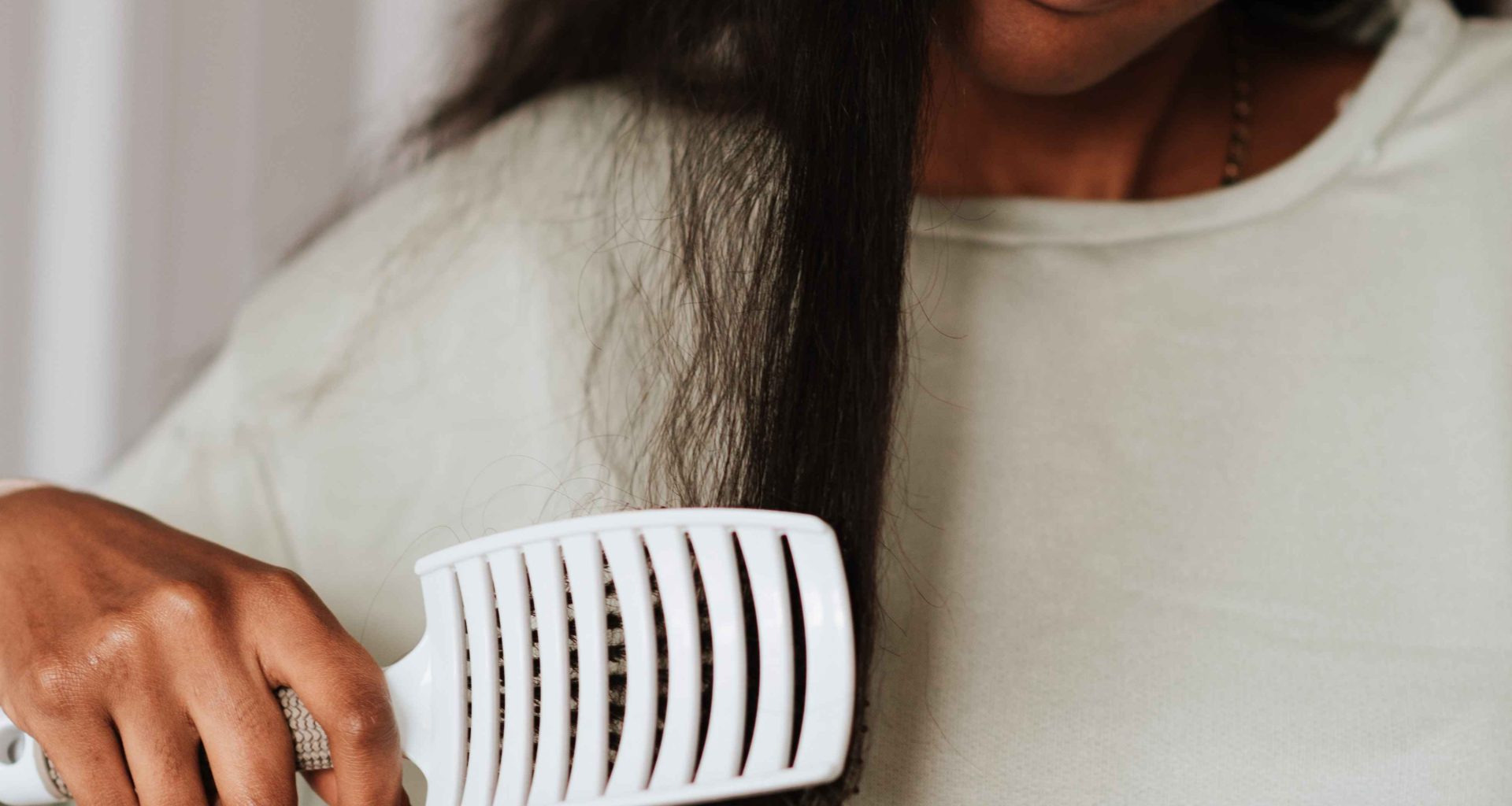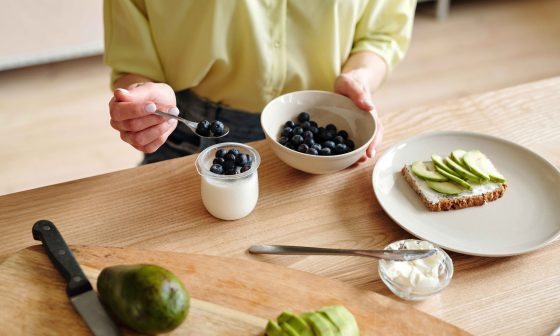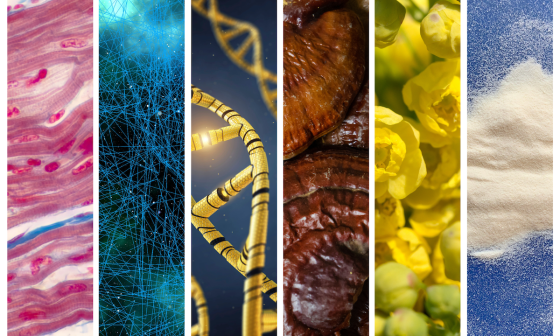What is Biotin?
Biotin, also known as B7, is a powerful vitamin of the B complex family. Studies have been done on the benefits of biotin for controlling blood sugar, lowering LDL (also known as the bad cholesterol) and the effects of biotin on thyroid hormones. Most commonly though, biotin is known for its positive effects on hair growth, strengthening nails and clearing the skin!
Let’s dive into the research on the beauty related benefits of biotin and how you can use this powerful supplement for healthy hair, nails and skin in 2020.
Biotin for your hair
The media often claims that supplementing with biotin is beneficial for hair growth, and science fully agrees! In fact, some people refer to biotin as Vitamin H for hair! One strong study conducted by The Journal of Clinical and Aesthetic Dermatology showed that biotin drastically improved hair growth in women who had experienced hair loss compared to those who took a placebo. Supplementing with biotin also made their hair significantly shinier.
The reason why biotin seems to have a positive effect on hair growth and shine is because it improves the body’s Keratin supply. Keratin is a protein that works with the cells at the top layer of the skin and one of its roles is to give strength to Epithelial cells (outer layer of skin) that are associated with hair, skin and nails.
Biotin for your skin
Just like how Biotin improves hair growth, it also may have a very positive effect on skin moisture and quality.
One of the reasons that biotin is helpful for skin health is because of the role that biotin plays in increasing keratin production. One of keratin’s main roles is creating an immunological, protective barrier for internal organs which takes place in the epidermal layer. Keratin holds even more importance since it helps the epidermis become resistant to physical stress that human tissue encounters. This means that keratin promotes epidermal layers that are strong and moisturized to resist harm. During the state of biotin deficiency, the amount of keratin found in the body may decrease, and the skin may develop painful blisters, as well as some other unpleasant side effects.
Biotin deficiencies are linked to many skin issues, but not all of those issues may be linked to biotin’s relationship to keratin. One of the main signs of a biotin deficiency is painful, red, scaly skin. Studies show the painful rashes and scaly skin that result from a deficiency in biotin may be linked to biotin’s role in fat metabolism.
All in all, biotin is essential for creating skin that is strong and moisturized and should be a supplement to consider if you are looking to improve the quality of your skin.
Biotin for your nails
In the recent years, strong nails have become more highlighted as a beauty standard in the Western world, making nail salons a booming industry nowadays.
Nothing seems to be more painful than splitting fingernails that crack and bleed, but it’s good to know that one of biotin’s many roles is regulating the cells that are responsible for healthy nail growth. This was first discovered when scientists completed studies on horses who struggled with brittle feet. Scientists found that the horses’ feet significantly strengthened when they began a biotin treatment, which then led scientists to examine biotin’s role on human nails. Luckily, they found that biotin had a beneficial effect on brittle nails and supplementing with biotin resulted in stronger, more durable nails.
In addition to biotin’s role in cell regulation, biotin also plays a role in protein metabolism. Healthy protein levels within the body are not only important for strong muscles, but for strong nails too. For those reasons biotin is essential for improving nail growth and reducing brittle, slow growing nails.
Should I be taking biotin?
Biotin is essential for healthy hair, skin and nails at the right amounts, so it is always recommended to consult your doctor for blood tests to see what your nutrient levels are at.
Pregnant women and those suffering from certain illnesses, have a much higher chance of having a biotin deficiency and thus should be more aware of supplementing with biotin.
If you are not concerned about a deficiency but are interested in healthier hair, better skin or stronger nails then biotin may be a great supplement to try! A healthy whole foods diet should be enough to avoid any biotin deficiencies in a healthy individual, but if you are interested in the additional benefits of biotin, then supplementing could be a beneficial option for you.
In general, 2-5mg of biotin per day are recommended to achieve optimal hair, nail and skin benefits. If you are interested in giving biotin a try, you can order a custom supplement here!








2 comments
GreatVery niceInformativePeculiar article, exactlyjusttotally what I neededwanted to findwas looking for.
I like the valuable info you provide in your articles. I will bookmark your weblog and check again here frequently. I am quite certain I’ll learn many new stuff right here! Best of luck for the next!